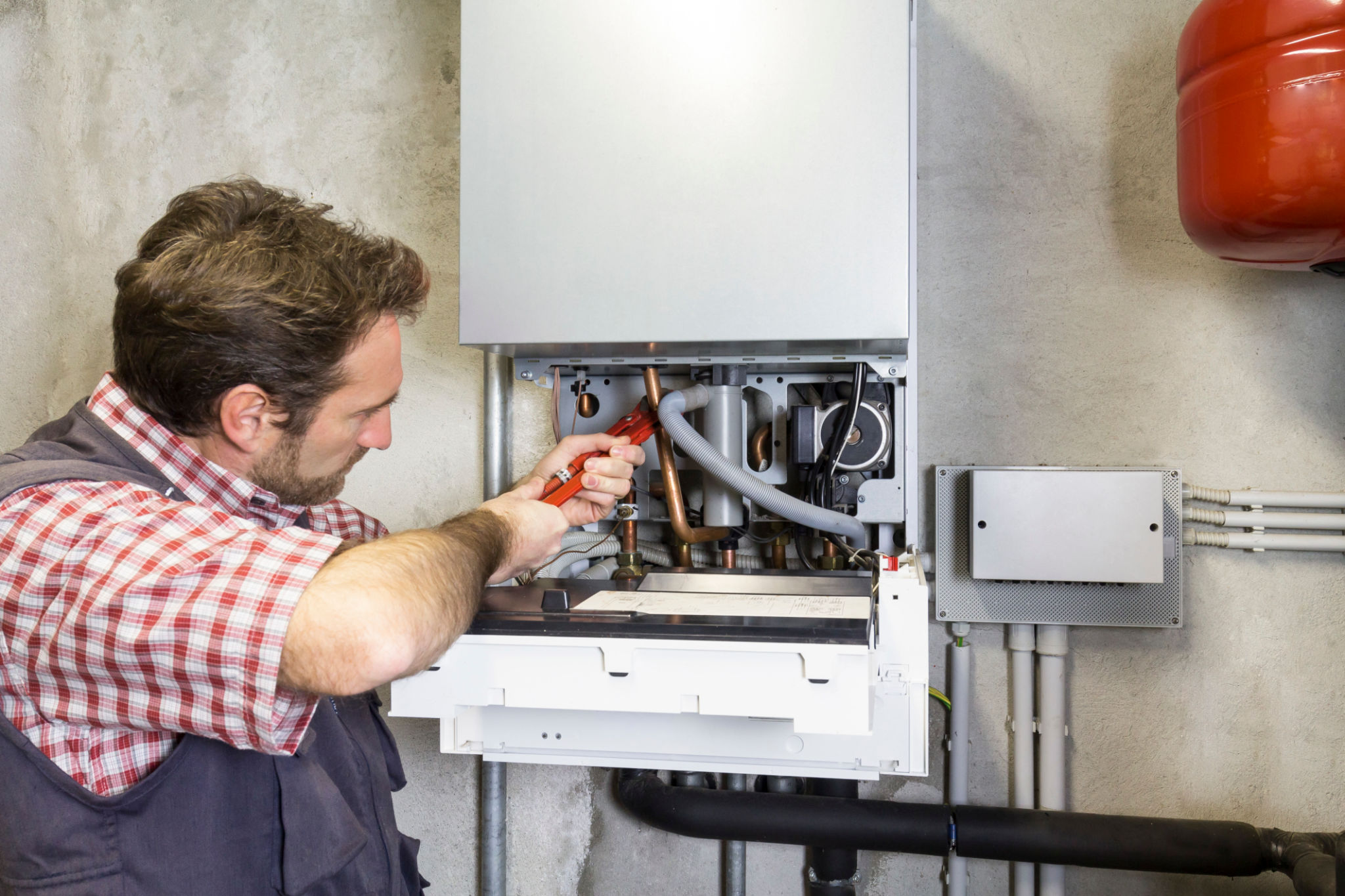Understanding the Different Types of Hot Water Systems: A Comprehensive Guide
Introduction to Hot Water Systems
Hot water systems are an essential component of modern living, providing the comfort and convenience of hot water for bathing, cleaning, and cooking. Understanding the different types available can help you make an informed decision when choosing a system that meets your needs.
Conventional Storage Tank Water Heaters
The conventional storage tank water heater is the most common type in many homes. It consists of an insulated tank where water is heated and stored until needed. These systems typically run on electricity, natural gas, propane, or fuel oil. One of the advantages of a storage tank system is its ability to supply hot water even during power outages, provided it uses gas or another non-electric heat source.

Tankless or On-Demand Water Heaters
Tankless water heaters, also known as on-demand heaters, heat water directly without using a storage tank. When a hot water tap is turned on, cold water travels through a pipe into the unit and is heated by either a gas burner or an electric element. This provides a constant supply of hot water without the need for a storage tank. While they tend to be more energy-efficient than storage tank heaters, they may have higher upfront costs.
Heat Pump Water Heaters
Heat pump water heaters, also known as hybrid water heaters, use electricity to move heat from one place to another instead of generating heat directly. They work like a refrigerator in reverse, capturing heat from the air or ground and transferring it to the water. This makes them highly energy-efficient and cost-effective over time, especially in warm climates.

Solar Water Heating Systems
Solar water heating systems use solar panels installed on your roof to collect energy from the sun. This energy is then used to heat water in a storage tank. These systems are highly efficient and environmentally friendly, significantly reducing your carbon footprint and utility bills. However, they depend heavily on the climate and require substantial upfront investment.
Condensing Water Heaters
Condensing water heaters are similar to conventional systems but with higher efficiency. They capture and utilize the heat from exhaust gases that would typically escape through the flue. This captured heat helps to preheat incoming cold water, making the system more energy-efficient and reducing overall energy costs.

Choosing the Right System for Your Needs
When selecting a hot water system, consider factors such as household size, energy source availability, environmental impact, and budget. For larger households with high demand, a conventional or condensing system might be suitable. For those looking to minimize environmental impact or reduce long-term costs, solar or heat pump systems could be ideal.
Each type of hot water system offers unique benefits and drawbacks, so it’s essential to assess your specific needs and circumstances before making a decision. Consulting with a professional can also provide valuable insights and recommendations tailored to your home.
